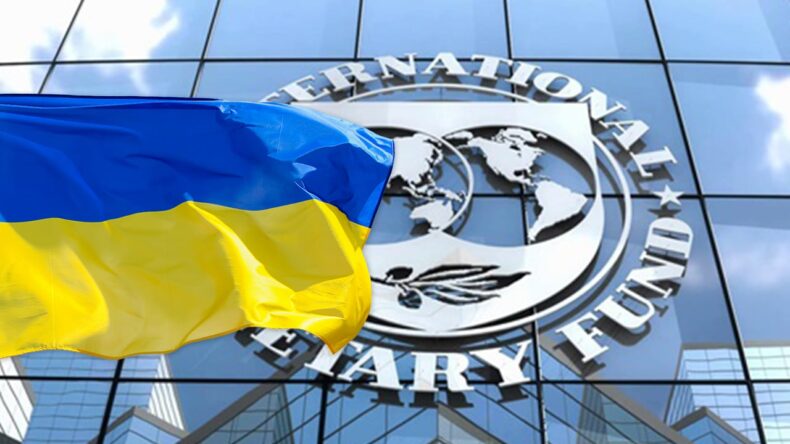Of the total amount the IMF approved, $2.7 billion will be instantly available to Ukraine. The remaining part of the loan will be sanctioned to Ukraine over the following four years.
The International Monetary Fund announced on Friday that its executive board had authorised a $15.6 billion loan for Ukraine for a period of four years. The loan is a component of a $115 billion global package to support Ukraine’s economy as its fighting against invasion by Russia for the last 13 months.
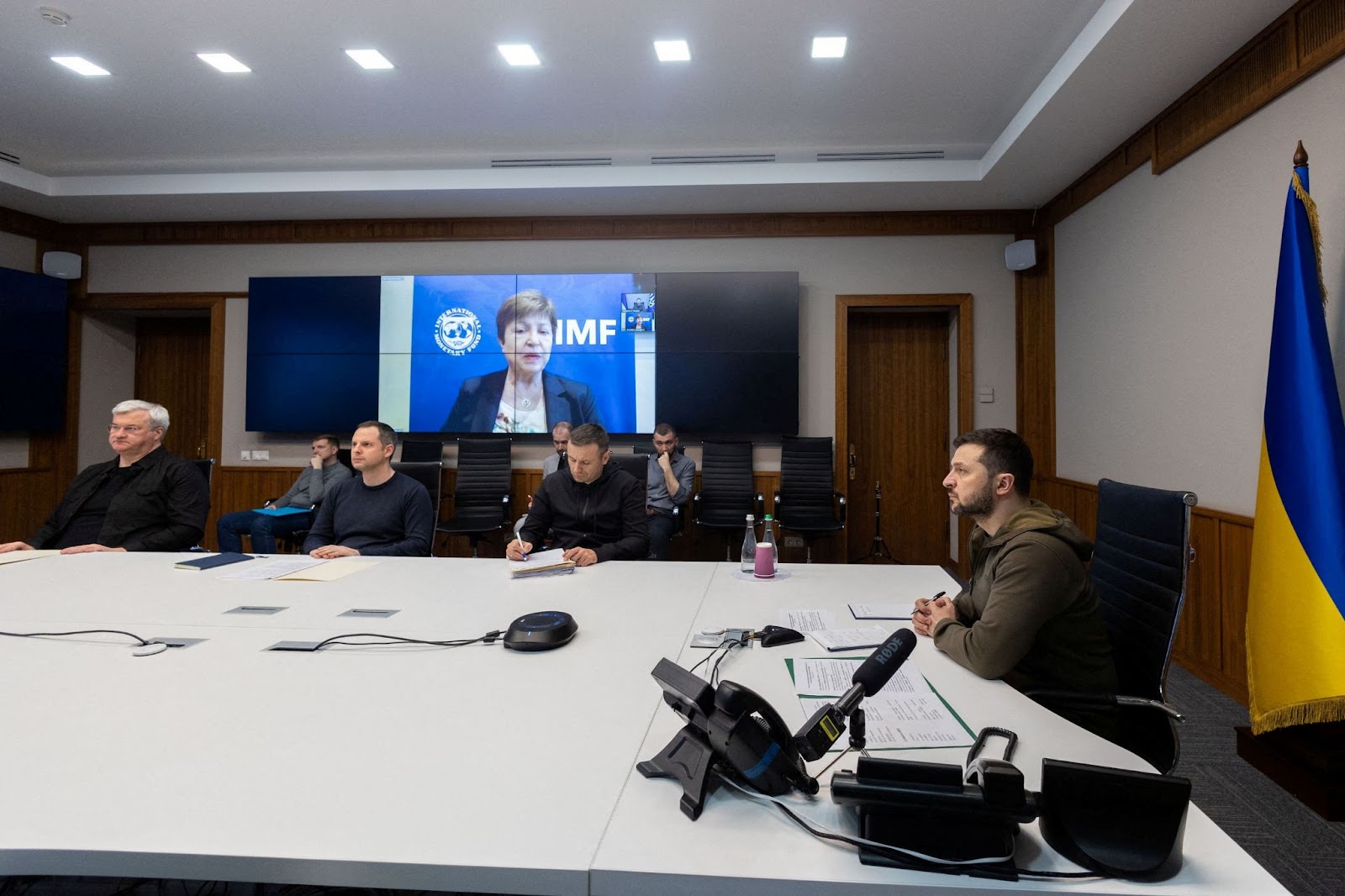
The Extended Fund Facility (EFF) loan is the first significant financing plan the IMF authorised for a nation engaged in a war. The prior $5 billion IMF program for Ukraine ended last year. According to a statement from IMF, the most recent ruling opens the door for an immediate disbursement of roughly $2.7 billion to Kyiv.
The decision formalises an agreement between the IMF staff and Ukraine made on March 21. The agreement considers Ukraine’s path to EU membership following the conflict. The latest decision will help mobilise significant funding for the war-torn nation from foreign partners and donors.
A massive relief for Ukraine
According to the IMF, the Russian invasion has severely damaged Ukraine’s economy, causing activity to decline by about 30% last year, destroying much of its capital assets, and escalating poverty.
In a statement, IMF deputy managing director Gita Gopinath said the new four-year program seeks to “anchor macroeconomic and financial stability in Ukraine along with critical structural reforms as the conflict continues.” She added that Ukraine’s accession into the EU and its sustained growth, including post-war re-development, will be taken care of once the active conflict is over.
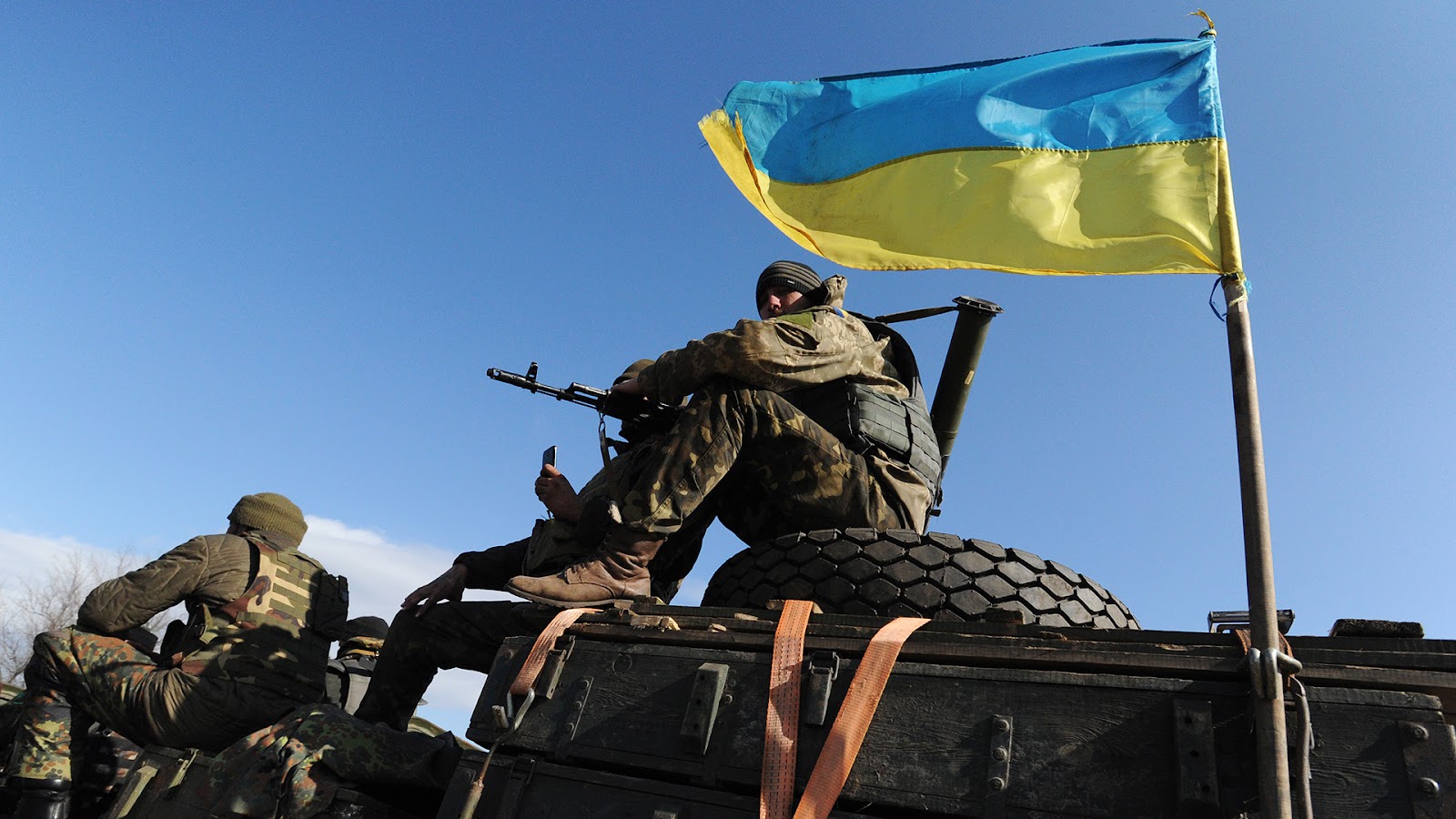
Volodymyr Zelenskiy welcomed the additional financial aid. He tweeted that the aid is vital in Ukraine’s struggle against Russian aggression. He emphasised the Ukrainian economy can be helped together and that Kyiv is progressing towards victory!
Denys Shmyhal, Ukrainian PM, praised the deal last week and commended the IMF for its aid. Prime Minister Shmyhal claimed on Telegram that the plan would assist Ukraine in funding all necessary expenses, guarantee macroeconomic stability, and improve relations with other international partners.
The terms and conditions of the loan
Over the next two years, Kyiv must fulfil several requirements, including actions to increase tax revenue, maintain exchange rate stability, keep central bank independence, and bolster anti-corruption initiatives.
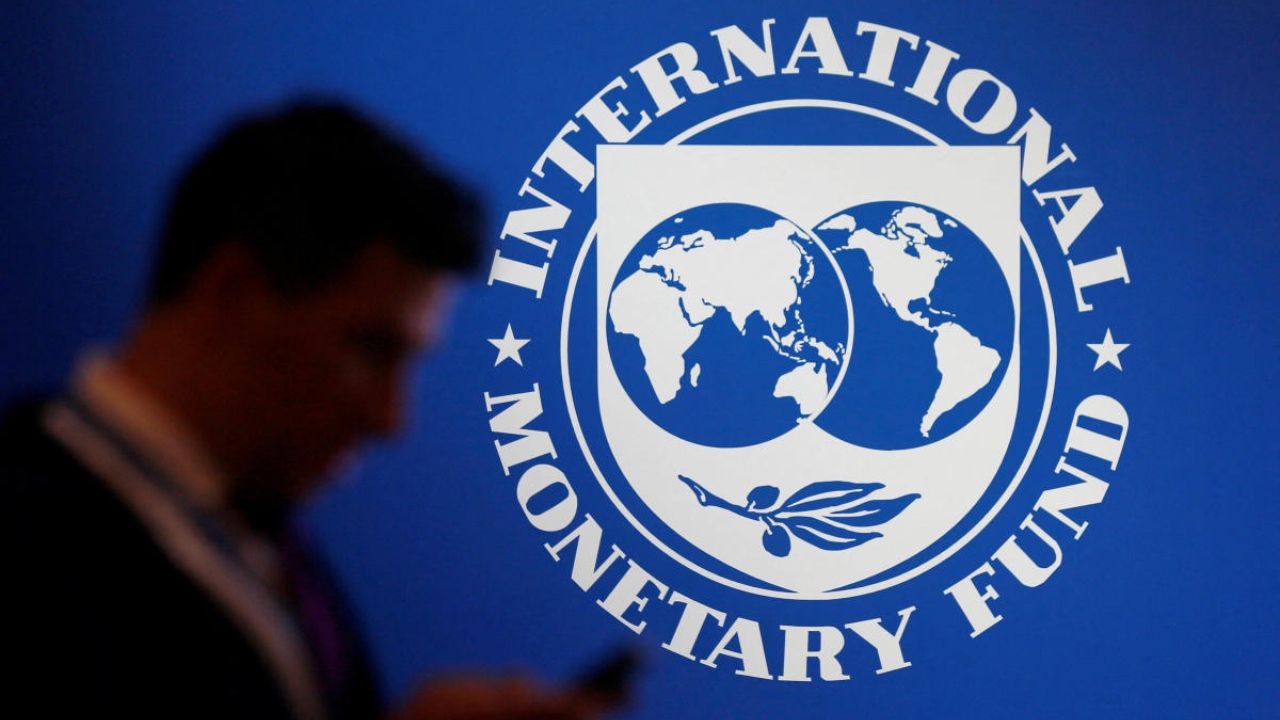
The IMF said deeper reforms would be needed in the program’s second phase. These reforms will help Ukraine improve stability and jump-start early post-war reconstruction, returning to pre-war fiscal and monetary policy frameworks, boosting competitiveness, and tackling energy sector vulnerabilities.
A top U.S. Treasury official said the initiative was “excellent” and contained commitments from Ukrainian authorities to meet 19 structural benchmarks in the upcoming year.
If active combat lasts past the current projection of the middle of 2024, the program also contains extra guarantees from a few IMF members.
What if the war continues beyond the set period?
The IMF official Gavin Gray said in a statement that the baseline scenario for the planned fund anticipated the conflict would end in the middle of 2024, leaving a projected $115 billion funding gap that creditors and multilateral and bilateral donors would fill.
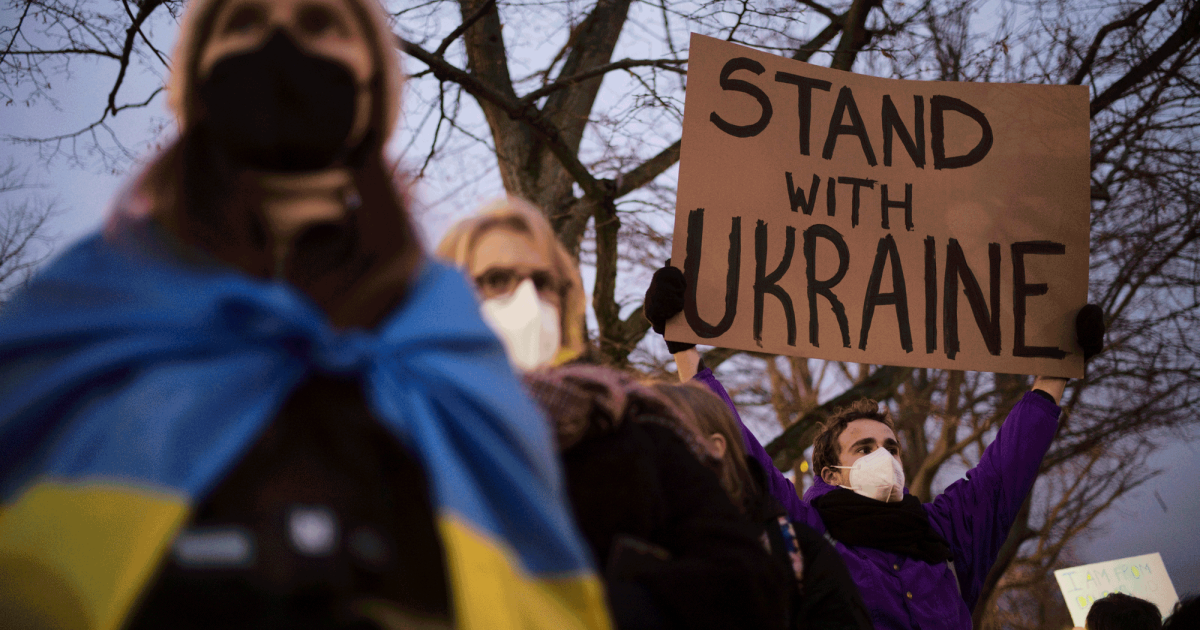
According to Gray, the relief program is planned to work even if economic conditions were “considerably worse” than the norm. Moreover, he claimed that the nations offering financial guarantees had decided to cooperate with the IMF to ensure that Kyiv could pay its debt to the IMF in case more funds were required.
IMF also stated that if the present conflict scenario were to last beyond 2024, Ukraine’s financial needs might increase from $115 billion to roughly $140 billion.







